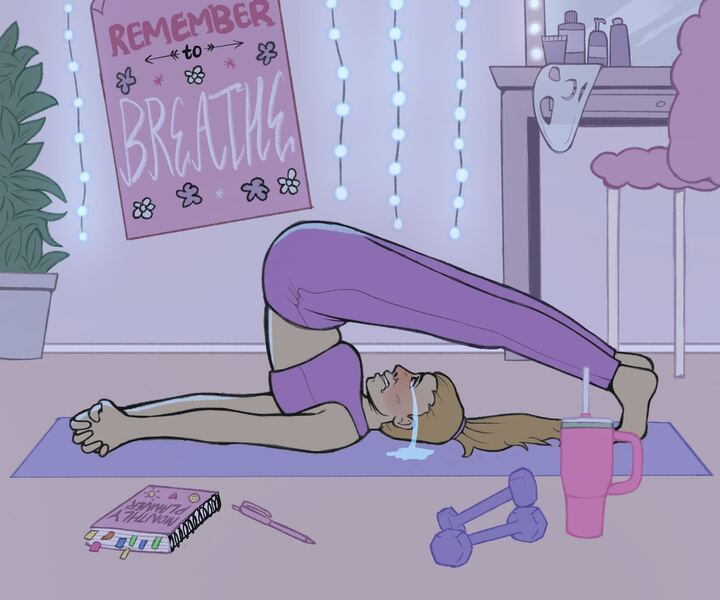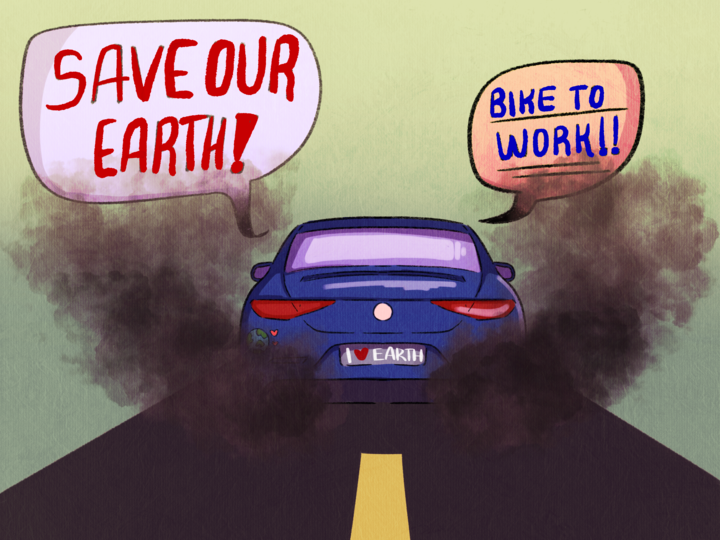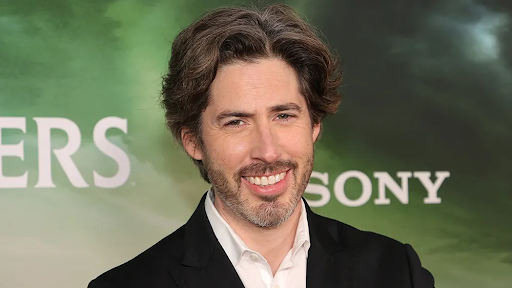In 2007, the Great Recession came completely unexpected. Years later, turn on CNBC and you’ll hear mainstream analysts and economists predict recession in the coming year, and, indeed, many of the same indicators are there. 2007-brand warning signs flash everywhere.
The stock market just came out of its worst January since 2009.
Despite a recent bump, analyst John Kilduff recently told CNBC that a price of $18 per barrel of oil is still on the way. That will mean more cheap gas and more much-needed spending money for underpaid consumers, but many believe it is starkly negative prospect for the overall economic picture. Previously, the Royal Bank of Scotland had predicted $16 a barrel and told clients to sell everything but the best bonds.
On CNN, investment expert Mohamed El-Erian, made the alarming suggestion that everyone with any assets hold a whopping 25 to 30 percent in cash. Cash!
A belief that cash is a better investment than bonds at this point — even if based on a misreading of how weak the foundation of the economy is — shows just how scared people are.
GDP increased at an annual rate of 0.7 percent in the fourth quarter, and even mainstream predictions don’t expect improvement in the near future. The junk-bond market is signaling a 44 percent chance of recession this year.
Ari Altstedter of Bloomberg notes “thedifference between a measure of the rate at which Canadian banks are willing to lend to each other and short-term instruments reflecting expectations for the Bank of Canada’s benchmark spiked to the widest in seven years … the most since January 2009, when the world was in recession and just emerging from the previous year’s credit crunch.”
I find it hard to imagine that, with so many of the major structural problems in the economy that created the Great Recession still unaddressed —inequality, median wages stagnant for 40 years, lack of financial regulation, healthcare spending, student debt, etc. — if a recession hits again, it won’t be catastrophic. If it looks like 2009 again, that necessarily means it looks a bit like 1929, too.
If mainstream sources, who have enormous interest in a recession not happening, are warning of a possible economic downturn, we should expect another bad one. If one recession made Americans open to the idea of the previously unthinkable notion of a socialist president in Sanders, a second Great Recession in a decade — something with which capitalism has never dealt — might be a fatal blow to the “end of history” neo-liberal, liberal democratic consensus.
I’m not recommending you start stockpiling food or build a bomb shelter, but radical, yet peaceful, democratic changes might well be necessary if the current neo-liberal global capitalist system is truly in line for another catastrophic failure. The central banks have already used up their bags of tricks.
And it might not be a bad idea to move some assets into cash, provided you can afford it …
Follow Martin Forstrom on Twitter.








